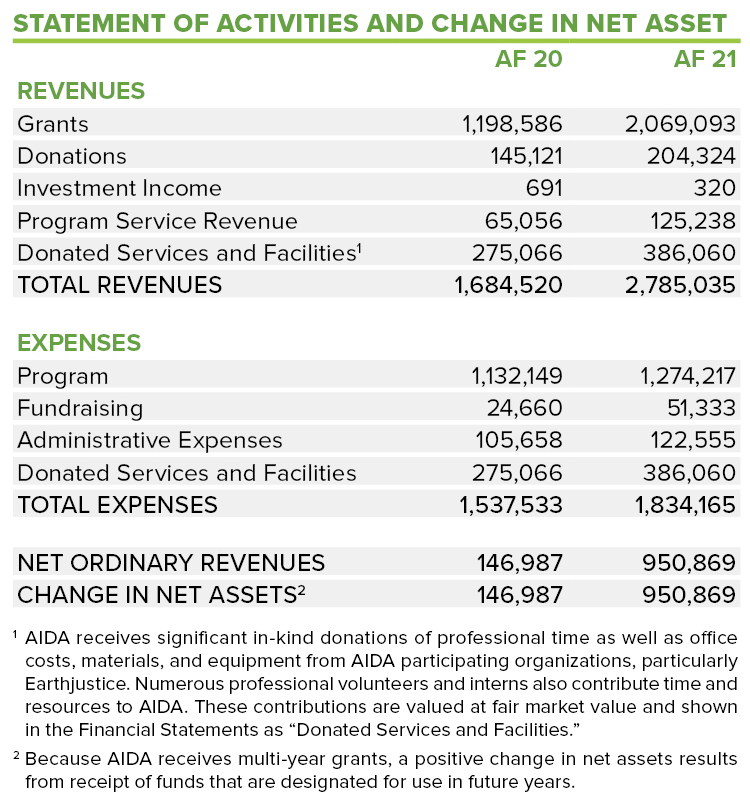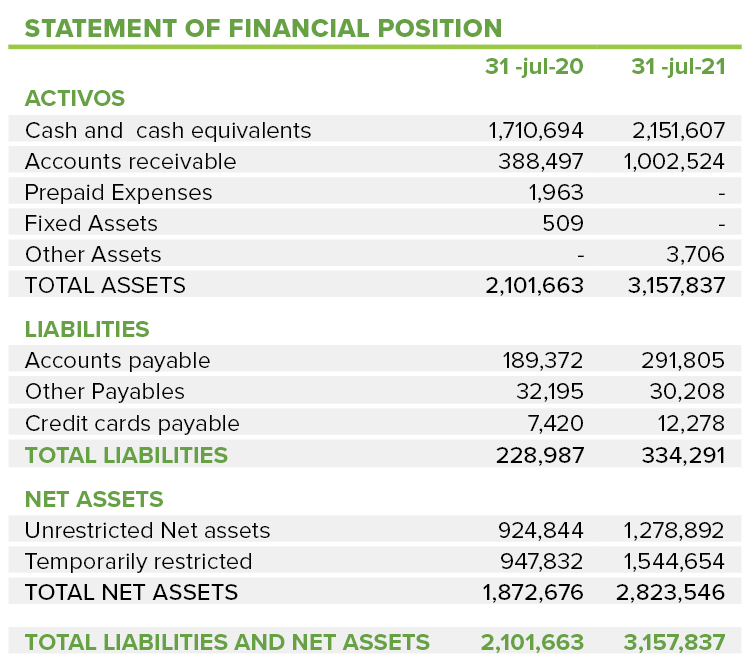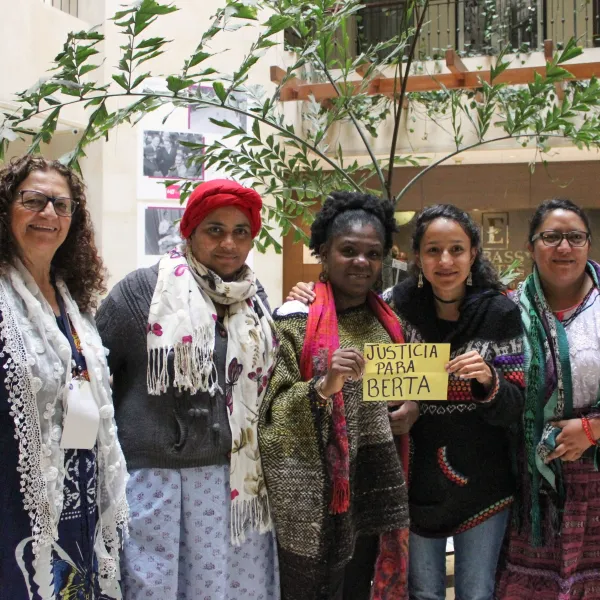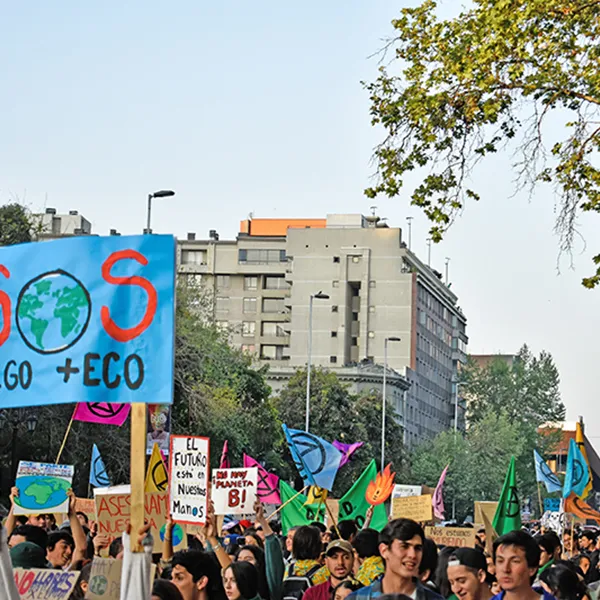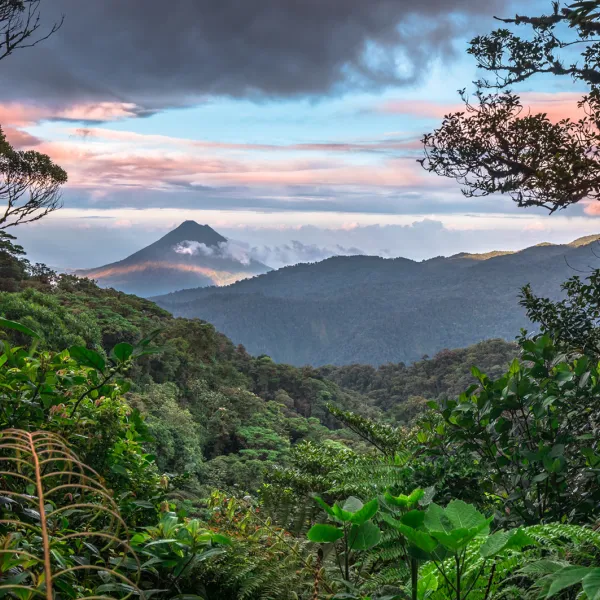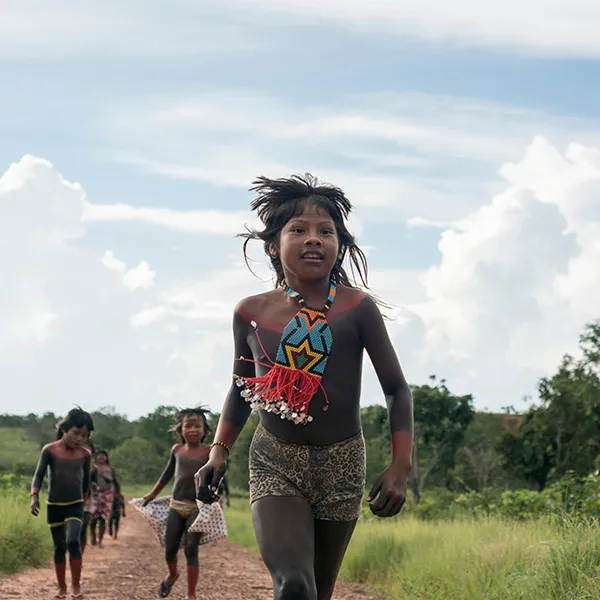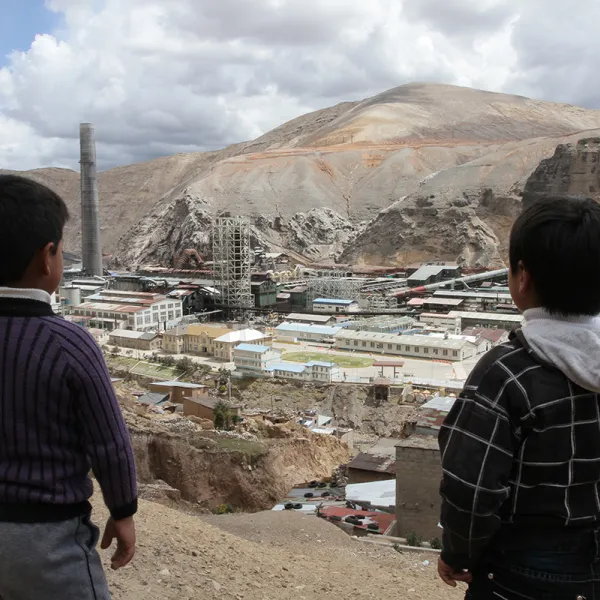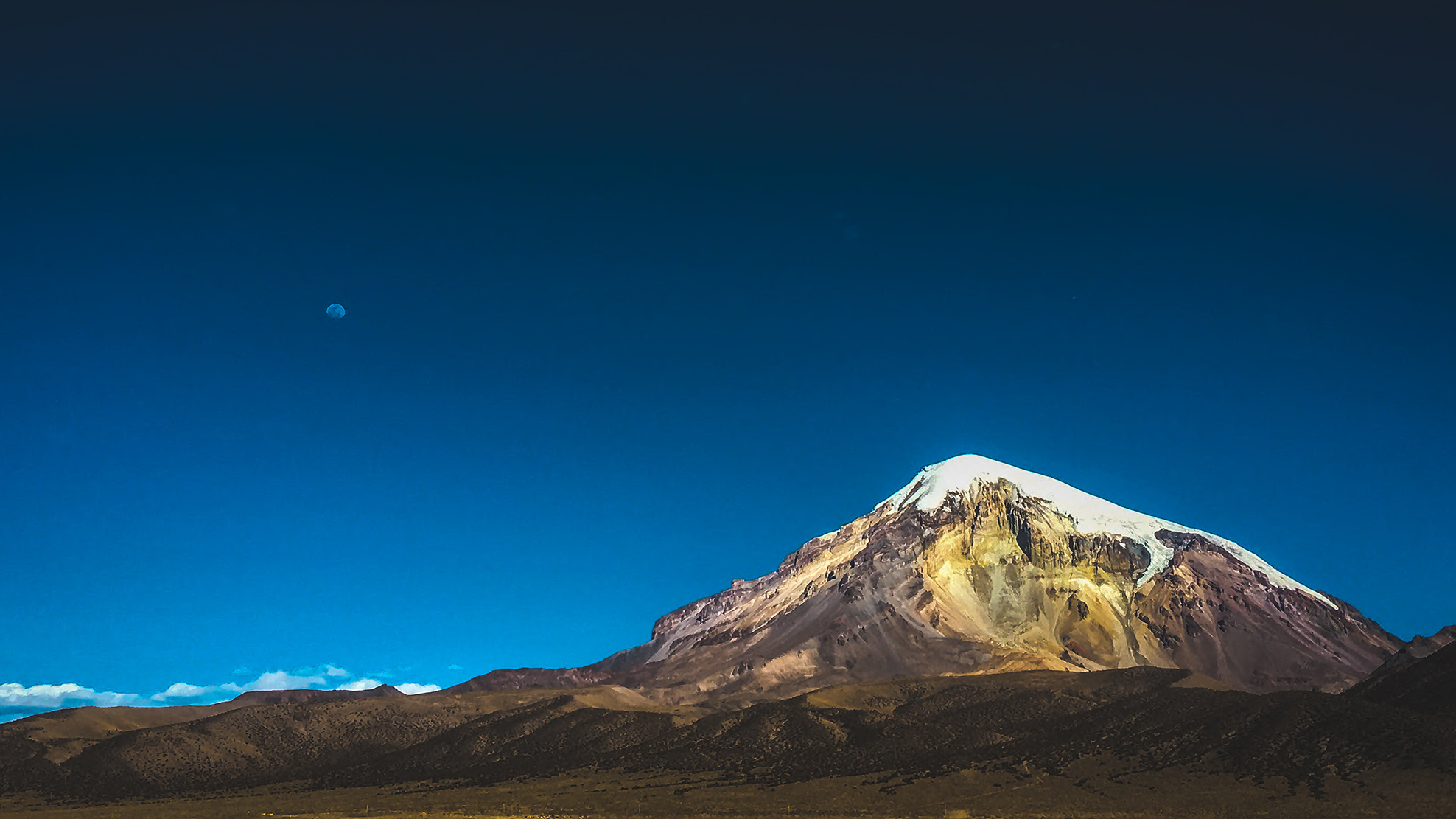
A message from our new executive director, Gladys Martínez de Lemos
The global pandemic has been, among other things, a lesson in patience and fortitude.
While we’re still emerging from the health crisis and its impacts, this year the environmental movement has clearly demonstrated what can be achieved with time and dedication.
After long-term concerted effort by advocates around the world, the UN Human Rights Council finally recognized the human right to a clean, healthy and sustainable environment.
AIDA has contributed to this historic breakthrough since our founding. We’ve placed the close link between human rights and the environment at the center of our legal, scientific and advocacy work for the protection of vulnerable communities affected by environmental degradation in Latin America.
The right to a healthy environment will continue guiding our contribution to environmental and climate justice in the region.
Increasingly aware that meaningful change takes time and collaboration, we will continue to build bridges and strengthen regional movements to confront the climate and environmental crises, and the inequities that underlie them.
AIDA by the numbers, 2020-2021
Key AIDA victories for climate and environmental justice
AIDA’s progress this year, as illustrated via the stories below, shows that it is both essential and possible to maintain healthy rivers, protect natural carbon sinks, ensure livelihoods for vulnerable populations and, in short, advance a livable future.
Mayan women pave the way for responsible financing
The possibility that the bank will withdraw its investment from the hydroelectric projects is a milestone in the search for responsible financing in the region. For those affected by such projects, it represents the hope for justice.
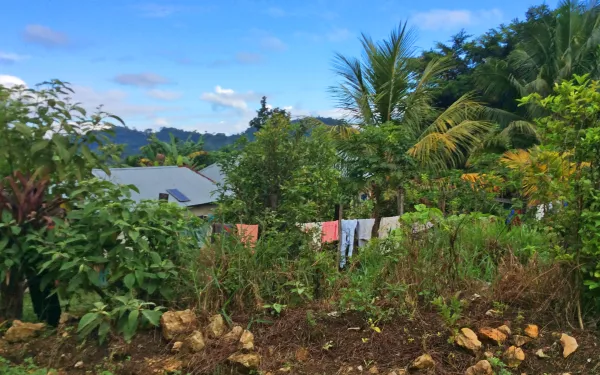
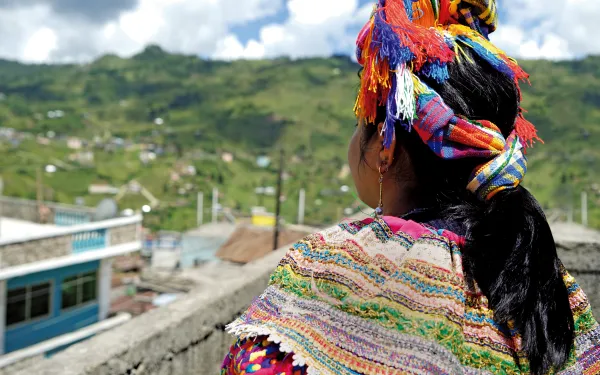
In the microregion of Yich K’isis (Ixquisis), in northern Guatemala, water is the first thing the women think about.
Any change in their clean water sources is felt at every instant: washing clothes in the river, tending crops, cleaning the house and cooking for their families.
When the construction of the San Mateo and San Andres dams advanced in their territory, polluting and altering the course of the river, access to clean water became more difficult and women suffered the impacts disproportionately.
With the implementation of the projects—financed by the Inter-American Development Bank (IDB)—social conflicts increased and the population no longer felt safe.
However, after years of struggle and for the first time, there is now a possibility that the IDB will responsibly withdraw its investment from these projects.
This is according to a report issued by the bank’s internal accountability mechanism, known as MICI.
Getting here has taken time. It’s a historic advance for responsible financing that began in 2018 when, faced with violations to their basic human rights, the women—and, in general, the affected communities—organized, found their voices, and resisted the implementation of the projects. Together, they presented a complaint to MICI.
AIDA—with prior experience in demanding accountability from international financial institutions—advised, represented and accompanied the communities in this process together with two allies: the International Platform against Impunity and the Plurinational Government of the Q'anjob'al, Chuj, Akateko, Popti and Mestiza Nations.
In October, we received the final MICI findings about the complaint in a report that mentioned a potential end to the projects’ financing. "The possibility that the bank will withdraw its investment from the hydroelectric projects is a milestone in the search for responsible financing in the region. For those affected by such projects, it represents the hope for justice," explains Liliana Avila, AIDA attorney.
Of all the recommendations, recommendation 29 "opens the door not only to the IDB's withdrawal from the projects, but also to the bank taking responsibility for its mistakes and making amends for the damages done," she adds.
The report admits that the presence of indigenous peoples in the area was ignored and that the construction of the dams degraded the environment, caused differentiated impacts on women and girls—increasing their vulnerability—and increased social conflict.
With this finding, the women of Yich K'isis have shown the hypocrisy of financing that bypasses the rights of the people while calling itself development.
And so, the struggle of Yich K'isis, has become an inspiration for the entire region.
Protected wetland in Mexico found key to climate fight
The creation of the management program took almost two years and is a strong example of environmental governance. It was a participatory process, open to public scrutiny and in which all interested sectors were represented.
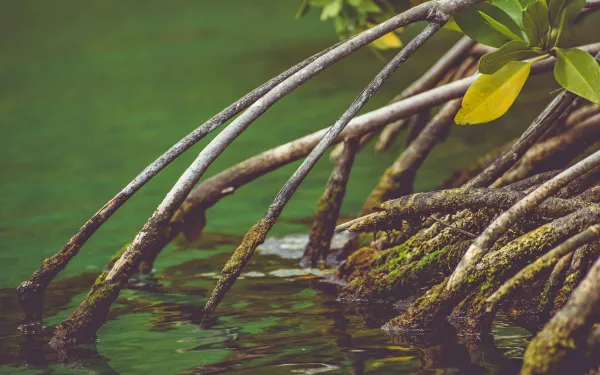
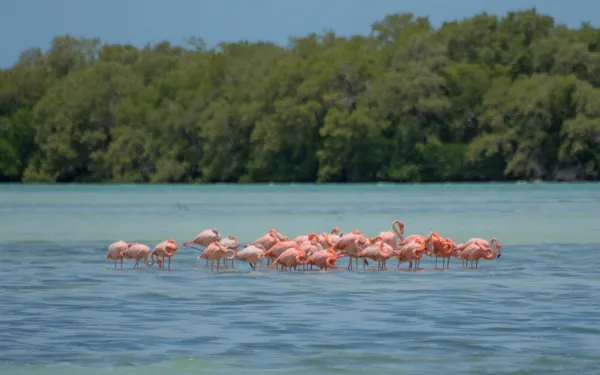
Hidden in the Mexican Caribbean, the Yum Balam nature reserve is a sprawling coastal wetland featuring a natural wealth of dunes, mangroves, submerged prairies and Holbox Island. It is a resting spot for migratory birds and home to rare and protected species like jaguars, sea turtles, and whale sharks.
The area’s mangroves and sea grasses are also key to mitigating the climate crisis, storing the equivalent of the annual carbon dioxide emissions of more than nine million people, according to a recent study.
Though removed from the bustle of tourism and all-inclusive hotels, the site is being damaged by various small-scale infrastructure projects and is threatened by real estate developers seeking to dismantle its status as an ecological reserve.
Private and communal landowners filed a score of lawsuits against the reserve's management program, published in 2018, and even against the decree creating the protected area, which dates back to 1994.
The intention of the suits was to open Yum Balam to tourism megaprojects that would imply irreversible damage to the area’s ecological characteristics.
The management program set limits on what can be built on the site, and demarcated preservation zones, sustainable use areas and human settlements.
In response to one of these lawsuits, in October the Mexican Supreme Court confirmed the legality of the management program.
The ruling sets a legal precedent that highlights the value of natural protected areas and their role in guaranteeing the human right to a healthy environment and in achieving ecological balance.
"This is the most difficult case I've had to deal with," says Sandra Moguel, an AIDA attorney. As part of a coalition of environmental organizations, Sandra helped defend Yum Balam in court. At the outset, she was instrumental in the design of the management program itself.
"It didn't come out of the blue," says Sandra. “The creation of the program took almost two years and is a strong example of environmental governance. It was a participatory process, open to public scrutiny and in which all interested sectors were represented.”
The pending lawsuits against Yum Balam should follow the legal path established by the Supreme Court for the conservation of natural protected areas, an exemplary decision for both Mexico and the region.
Technical assistance brings hope for highland lake revival
We are pioneers in drawing on the international technical support provided under Ramsar to contribute to the preservation of key ecosystems in the region. Over time, we have built our own path to enforce environmental treaties.
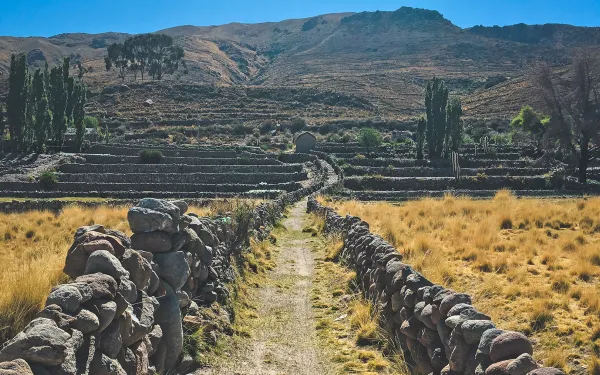
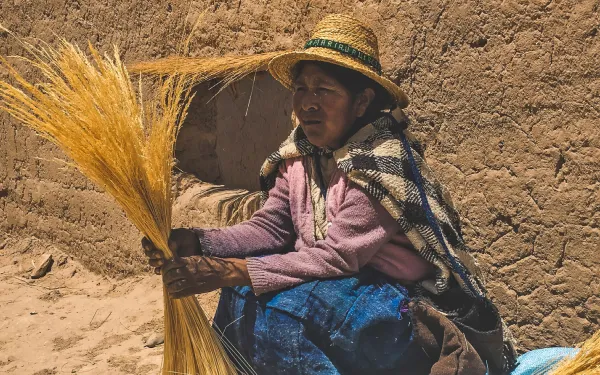
The life of the Uru Murato people has been linked to Lake Poopó since long before the Inca Empire extended into Bolivia. For centuries they lived on floating islands, subsisting on fish skillfully obtained aboard rafts made from the totora reeds that grew abundantly on the shores.
But the brackish waters of Poopó—which once formed a vast internal sea as it joined Lake Titicaca to the north—have since dwindled to minimal levels due to a synergy of factors: contamination and water use from mining, river diversion, and the climate crisis.
The degradation of Poopó means the disappearance of traditional livelihoods and the very identity of the Uru Murato, as well as other indigenous and peasant communities, and loss of the area's rich biodiversity.
In 2018, AIDA joined local and national efforts to recover lakes Poopó and Uru Uru, an associated ecosystem. We saw potential in receiving direct support from wetland experts at the Ramsar Convention, the intergovernmental treaty under which both lakes were declared wetlands of international importance in 2002.
In July 2019, we joined with local communities and environmental, social, and women's organizations to request that a Ramsar expert mission travel to Bolivia to assess the health of the lakes and make concrete recommendations to promote their recovery. The Bolivian government heard us, and made the formal request to make the visit feasible. Delayed by the pandemic, the visit is expected to take place in early 2022.
"We are pioneers in drawing on the international technical support provided under Ramsar to contribute to the preservation of key ecosystems in the region," says Claudia Velarde, AIDA attorney. "Over time, we have built our own path to enforce environmental treaties."
Claudia is motivated to work for AIDA not only because she is able to play a direct role in ecological preservation, as is the case with these lakes, but also because her work contributes to the survival of cultures whose existence is so closely linked to Mother Earth and Mother Water.
She is confident that the combination of efforts will be able to bring life back to Poopó, which is now a mirage of water fed only by occasional rains.
Five important global advances in 2021
Despite many challenges in the midst of a pandemic, this year brought several critical advances thanks to the larger environmental movement in which we are proud to play a part. These victories provide us with new tools, and set important precedents that strengthen and further enable the collaborative work toward environmental and climate justice that AIDA advances in the region.
Our Team
All of our attorneys were born in Latin America and work in the region, as do most of the other members of our team. We work virtually from nine countries in South, Central, and North America as well as the Caribbean.
AIDA provides fellowships and internships to mentor the next generation of leaders. This year, we trained 25 interns in the defense of the environment and human rights.
Financials
